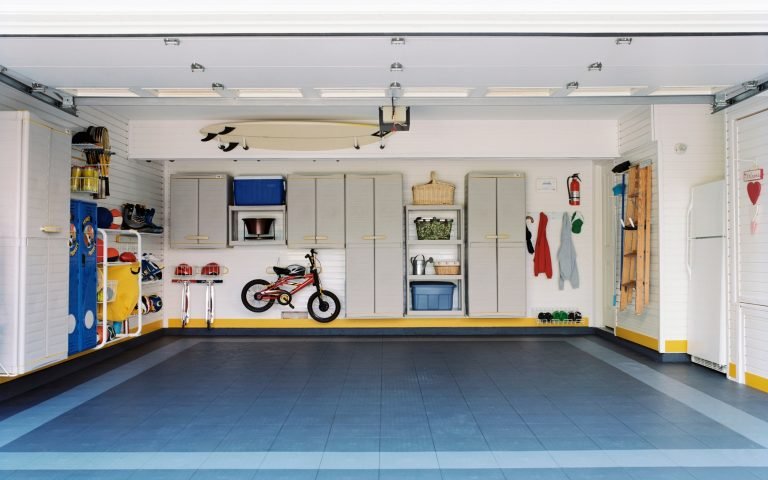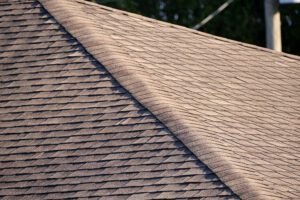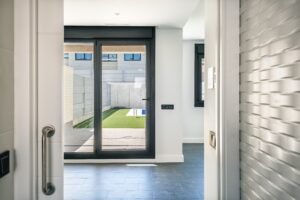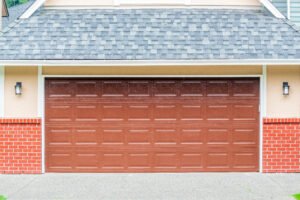Garages can be handy additional spaces to have in a home. They can have a variety of different functions and they can add value to your property. When designing a garage, it’s important to create a space that meets your needs. Here are 10 important factors to consider when designing a garage.
Purpose
First, you need to consider what the purpose of your garage will be. Will it be a place to store your car? Or will you use it as a workshop? You could even turn it into a games room? It could have one purpose or it could be a multi-functional space. By determining the functions, you can design a space around these functions.
Budget
The cost of building a garage can vary significantly – one average, most garages cost between $20,000 to $45,000. Work out what your budget is as this will help you identify the limits to your design. You should also consider the best way to finance your garage and how much you’re willing to pay in installments.
Size
How big will your garage be? Most garages are between 12 to 18 feet wide and 20 to 30 feet deep. This is enough to comfortably fit a single car in and shelving around the sides. If you want to be able to fit two cars in your garage, you’ll need to go much wider – preferably 24 feet. The amount of land you have to build on will determine the limits of the size.
Material
Garages can be constructed out of a variety of materials. Concrete is a popular material that is durable and provides good insulation. If you’re looking for something more affordable but equally robust, you may want to look into metal garage builders near you. It’s also possible to build garages out of wood or vinyl for a more rustic and stylish look. Making sure that the garage matches the rest of your property could be essential for maintaining a sense of harmony.
Doors
Next, you should consider the style of the door. Most garage doors are opened by lifting them up – but there are a few different upwards opening mechanisms to choose from including up-and-over doors, sectional doors and roller doors. Alternatively, you could opt for traditional hinged bar doors. Make sure to also consider the material and the color of the door.
Flooring
The type of flooring you choose for your garage is also important. One of the most popular options is concrete which is durable and easy to clean when sealed or polished. Epoxy flooring is a more expensive option that is equally durable while also stain resistant. You could also consider options like rubber flooring, vinyl or even carpet (if you plan to use your garage as an indoor living space – not recommended if you’re going to park your car there!).
Lighting
You may also want to consider installing some lighting in and around your garage. Focused task lighting could be important if you want to use your garage to make repairs or craft things, while more general lighting may be all that’s needed if you’re going to park your car there. On top of artificial lighting, you can also light up your garage during the day with natural lighting by considering side windows or rooflights.
Ventilation
Ventilation is something you shouldn’t overlook. In a concrete garage, making sure that there is good airflow could be important for preventing mold growth. Installing windows that can open could help you to ventilate this space. Alternatively, you could install an extractor fan. If you’re using your garage as a workshop and creating a lot of dust/fumes, a more heavy duty extractor system may be required to keep air quality healthy.
Security
So that no-one can easily break into your garage, you may want to also consider adding locks to your garage door, as well as any windows. You can also scare off burglars by installing a security camera outside your garage. Motion-sensing lighting outside your garage could also be worth considering – this lighting will only turn on when people are around, saving you energy while warding off intruders looking to break into your garage undetected.
Permits
Building a garage may require a zoning permit in some cases. Before you start any work, make sure that you have permission to build outside your property. If your garage is likely to block out sun to a neighbor’s window or backyard, you may need to also get their blessing before proceeding with construction.


































